The Mark Zuckerberg Hoodie And 13 Other CEOs Who Casually Dress Down [PHOTOS]
It seems that everyone cannot stop talking about Mark Zuckerberg's roadshow to the Facebook IPO, where he angered Wall Street bankers by donning his standard uniform, a hoodie and jeans.
Despite his beliefs that Zuckerberg can be a good corporate executive, Michael Patcher, an analyst for Wedbush Securities, told Bloomberg TV he believes his age comes into play when dressing for the job.
Mark and his signature hoodie: He's actually showing investors he doesn't care that much; he's going to be him, Patcher said. I think that's a mark of immaturity. I think that he has to realize he's bringing investors in as a new constituency right now, and I think he's got to show them the respect that they deserve because he's asking them for their money.
However, a 2008 article in the Wall Street Journal declares CEO Casual is not about age - despite a trend carried heavily by young people -- but rather all about presenting a modern, creative message to the public and those who work in the company.
There was a time when a CEO in a dark business suit was safely dressed, WSJ wrote. That's still true in many fields: Lawyers, financiers and bridegrooms are largely expected to arrive suited up.
Namely a trend at creative or high-tech businesses, the WSJ points out that a suit signals old-fashioned inflexibility when what's called for is casual authority in some companies, like Facebook or Apple, whose late-CEO Steve Jobs championed the cause of casual dressing.
According to an article in the New York Times written in March 2011, Jobs chose his uniform of New Balance sneakers, Levi's jeans and an Issey Miyake black turtleneck in order to reduce his persona to spotlight the product and not overshadow the brand. Gawker wrote in October that Jobs reportedly was inspired to create an exterior persona for himself by a 1980's visit to Japan, where he saw corporate heads at Sony used uniforms to induce staff dedication. While Jobs' idea of a company uniform - sweaters created by Issey Miyake - never came to fruition, his casual attitude of dressing shaped the company in many ways by adding a distinctive focus to product rather than dressing.
Mr. Jobs, by most accounts, prefers the nondescript attire as a way to de-emphasize individuality in favor of promoting a collective approach at Apple, The New York Times wrote. The turtleneck-and-jeans outfit seems to be about reducing his persona to spotlight the product.
The WSJ, however, presented a potential problem with dressing down as a CEO running the risk of being shown up by someone lower on the totem pole. However, Mashable wrote that dressing down is actually counterintuitive in that someone like Zuckerberg showcases just how much authority he has by not dressing in a suit.
It makes him comfortable, and after all, getting away with wearing a T-shirt to a black-tie event means you're one powerful dude, Mashable wrote.
Similarly, Chrysler CEO Sergio Marchionne, who typically wears a black sweat with or without a checkered oxford polo, refuses to dress up, according to former Fiat head Cristiano Carlutti, in order to break the formality, urging employees to do the same. Carlutti said most people, despite his casual attitude of dressing, stuck to the suits anyway.
That was a big, big dilemma, because if you wear a tie, he may consider you too formal, too rigid, Carlutti told the New York Times. If you don't wear a tie, he may think you try to imitate his casual style. So you never win, basically. In the end I wore a tie, which I usually don't.
Mark Cuban, who owns the National Basketball Association team the Dallas Mavericks, took a similar approach in 2007, according to a manifesto in his blog, when he instructed his employees at MicroSolutions to copy his casual style.
Someone had once told me that you wear to work what your customers wear to work, Cuban wrote. That seemed to make sense to me, so I followed it, and expected those who worked for me to follow it as well.
Cuban said he believes that people solely wear suits to give a level of stature despite the fact they are only following a standard we all know makes zero sense.
Exactly what purpose does a suit serve? Cuban asks. Why in the world are so many people required to wear a suit to work? Do the clothes make the man or woman in the western world today? Does wearing a tie make us work harder or smarter? Is this a conspiracy by the clothing, fabric or dry cleaning industry to take our money?
According to Cuban, his employees have better things to spend money on than a wardrobe of suits that they only wear to work and he considers omitting the suit in the workplace as a favor to employees.
If you are the CEO or in charge of a company, haven't you wondered yourself why you are making your employees waste all that money and come to work and spend the day in uncomfortable clothing? Cuban asked.
Clearly, Cuban isn't the only CEO with the adopted philosophy of breaking the norms in the corporate world by dressing casually. Here are photos of 13 other CEOs who rid of suits.

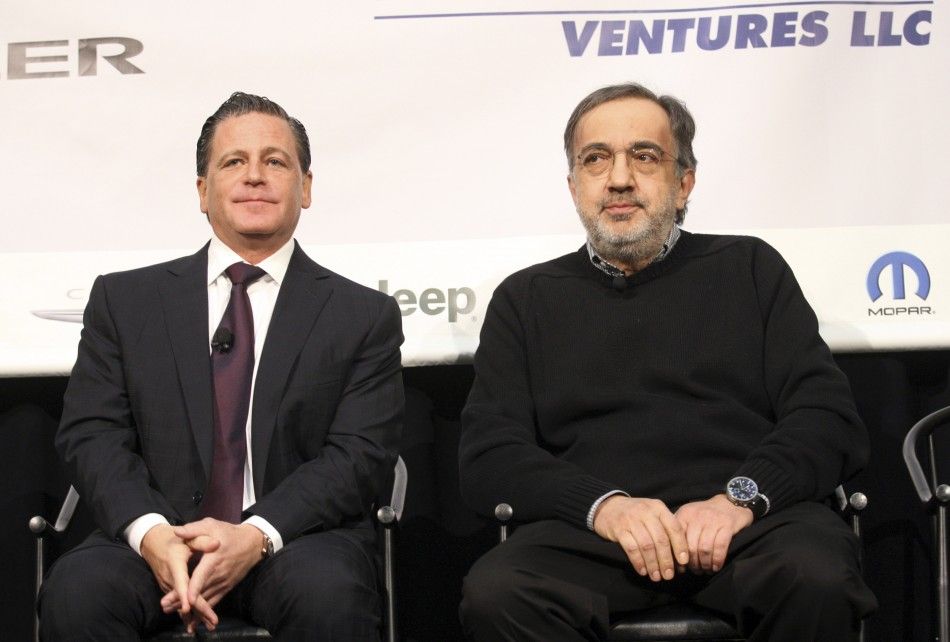
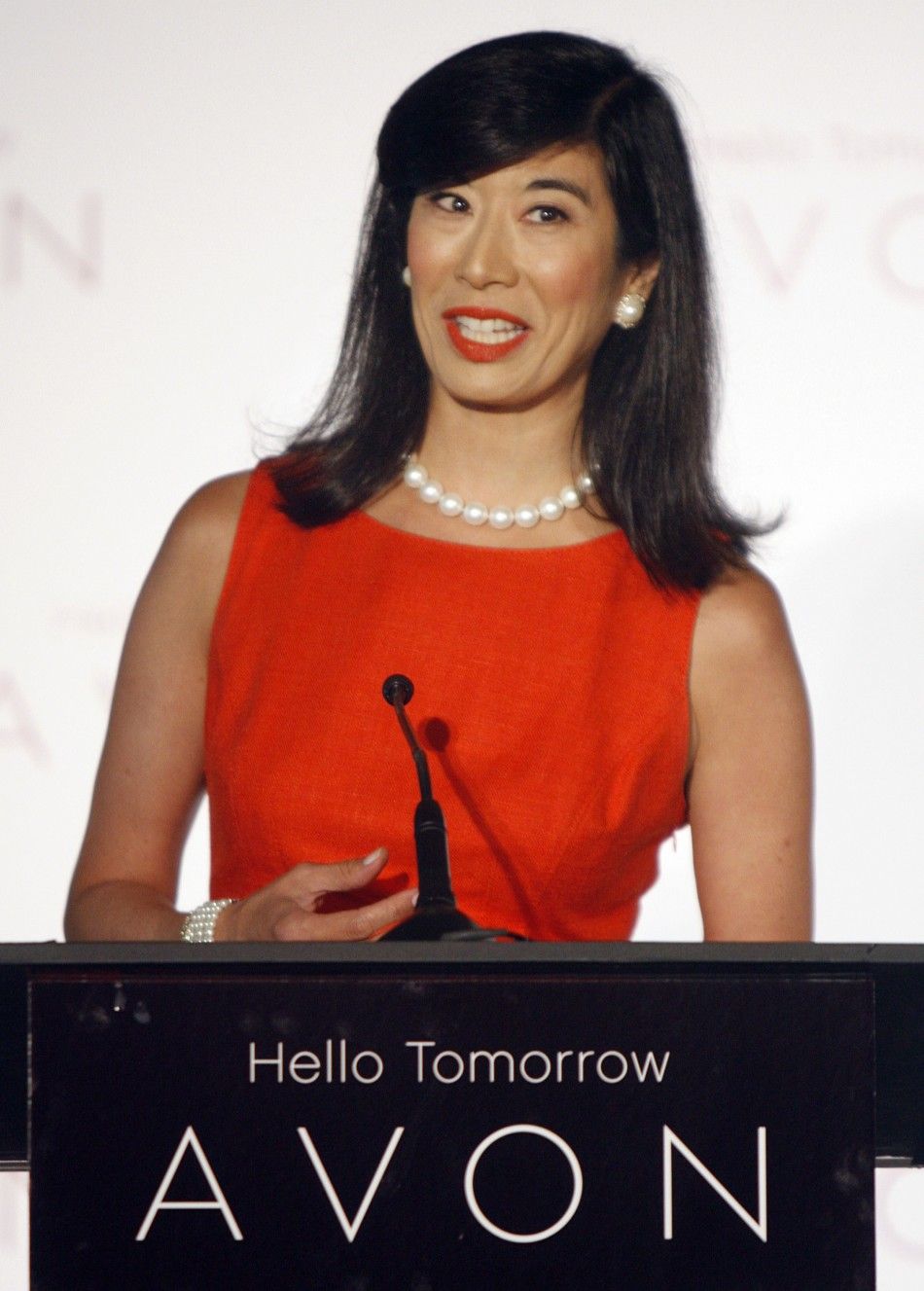
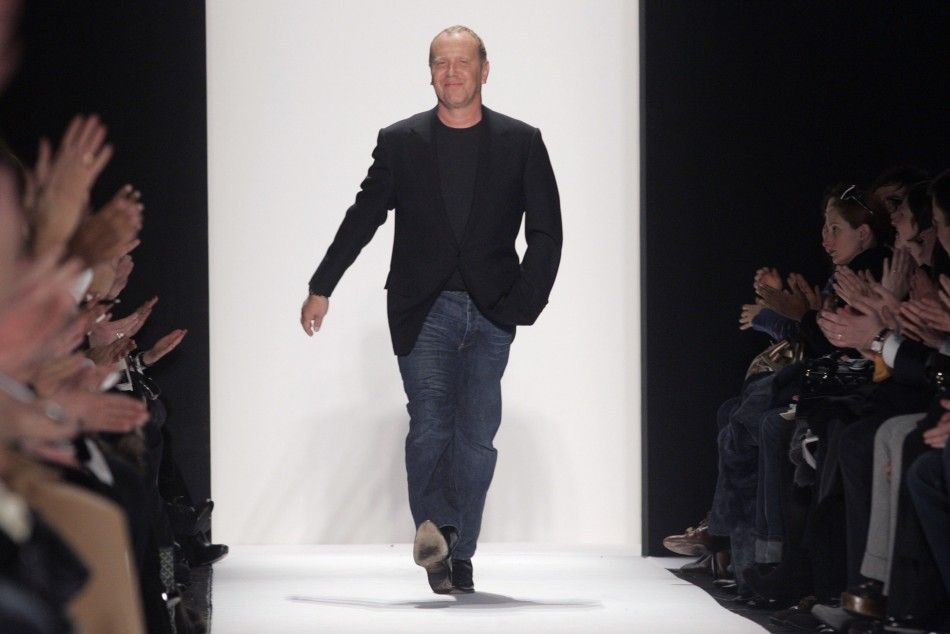
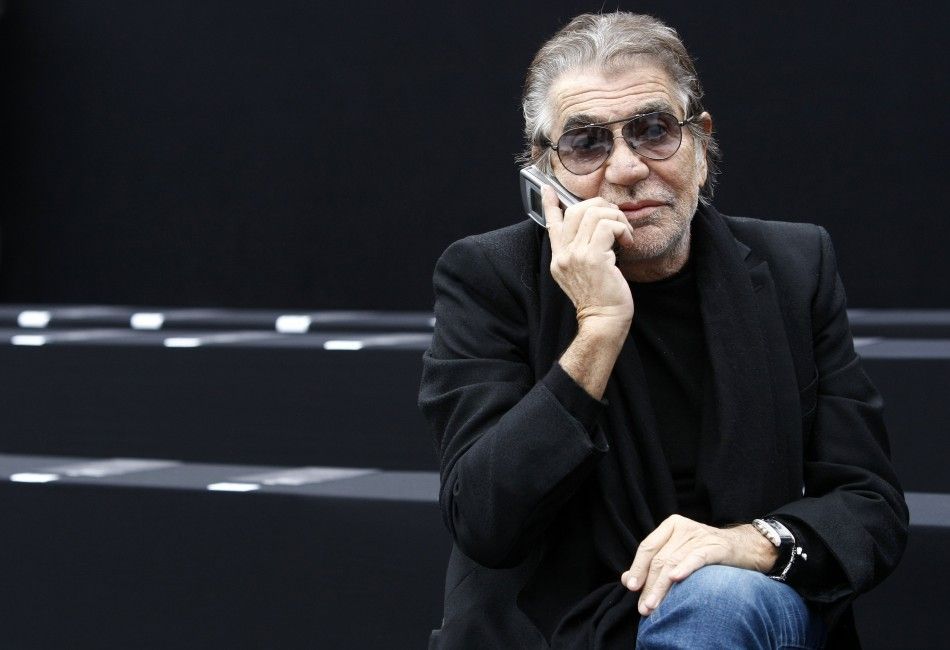

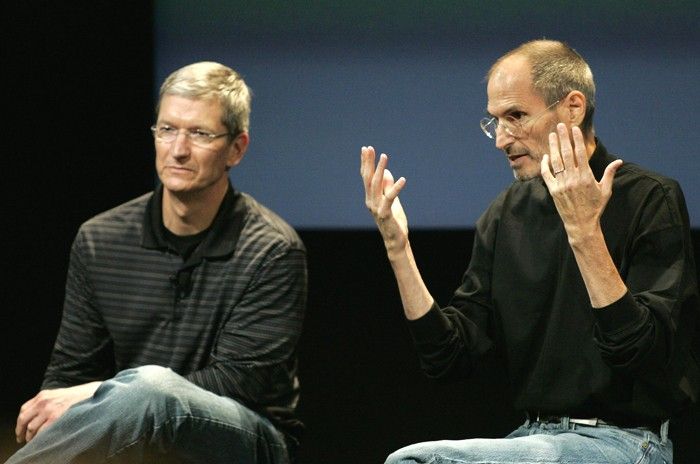
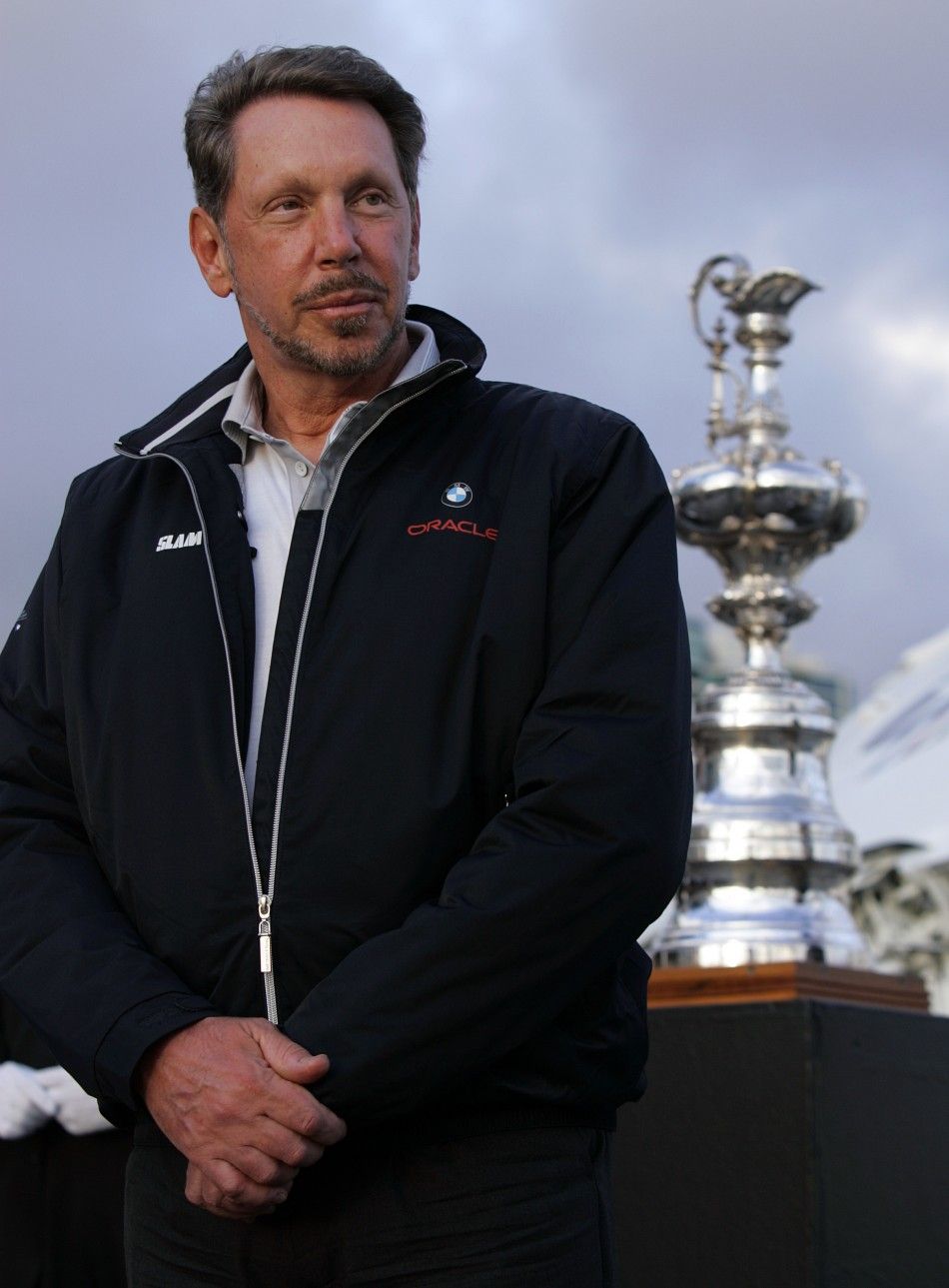
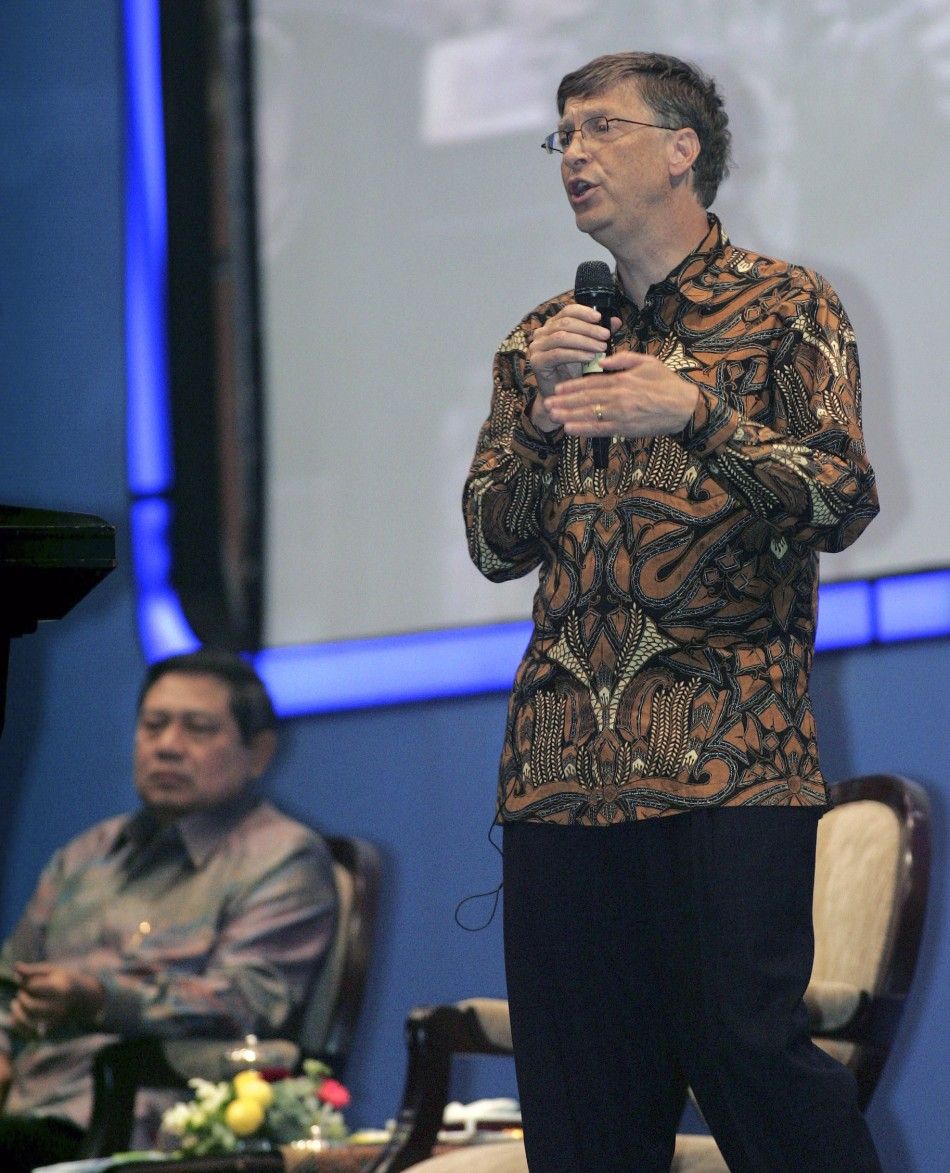
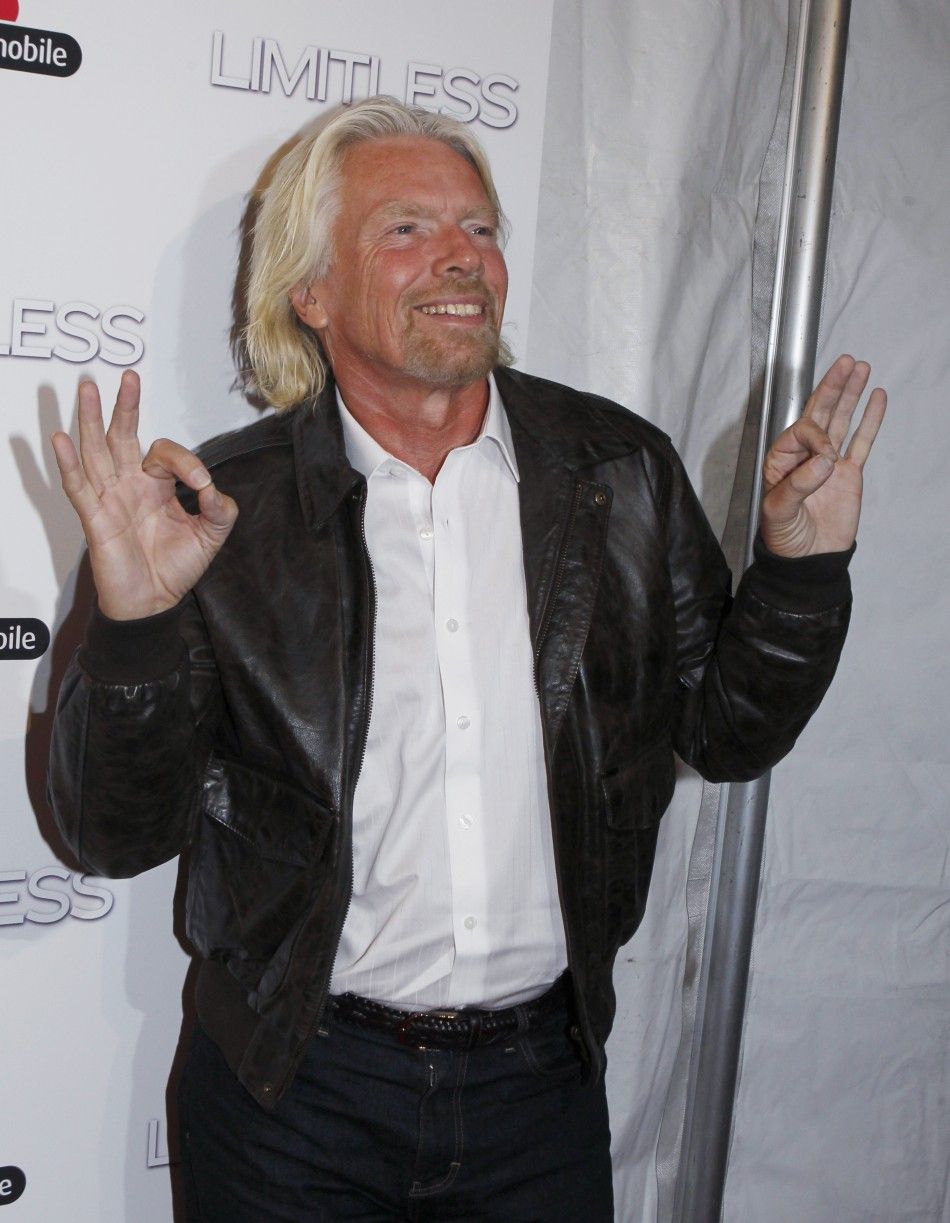
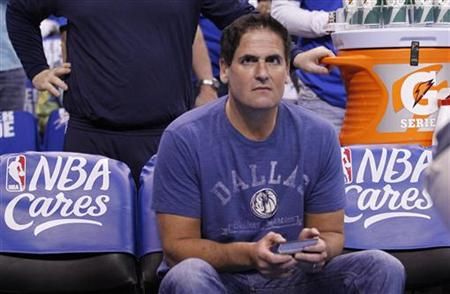

© Copyright IBTimes 2024. All rights reserved.





















